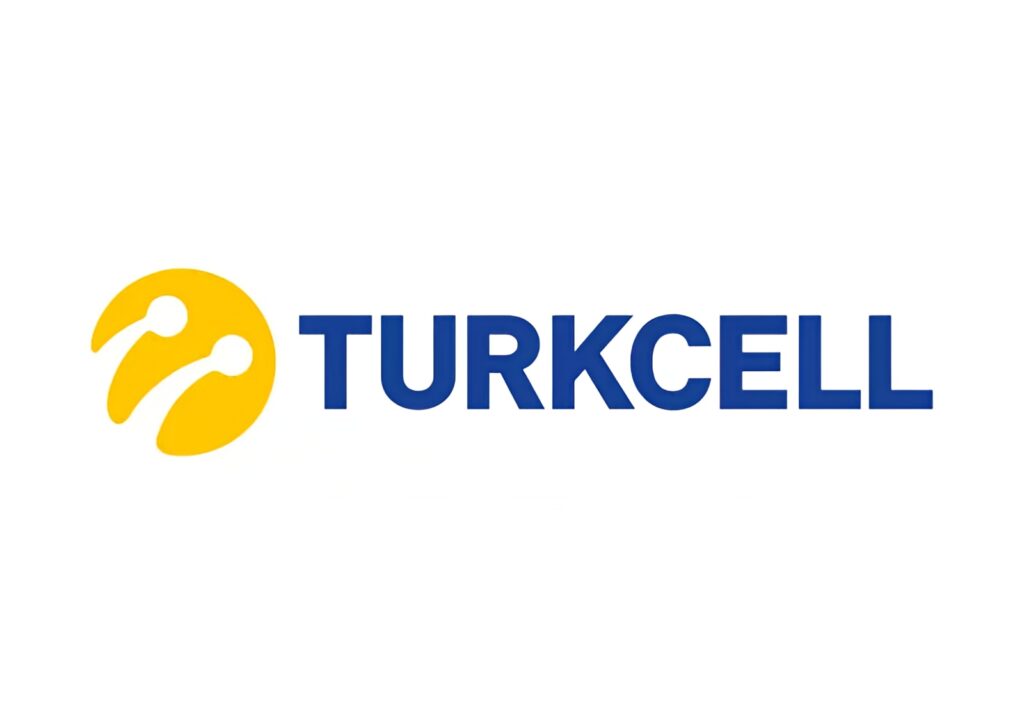
Trailblazing
When Google performed the first quantum simulation of a chemical reaction in 2020 on its 54-qubit Sycamore device, it signified the intent to find a practical way to utilize quantum computers. And though the simulation was a simple one, it created a path for the scaling of the algorithms so more complex chemical reactions can be achieved in the future.
“Molecules are very appealing for quantum simulation, quantum information, and precision measurements. Molecules offer really great advantages compared to atoms, but at the same time, they are really hard to cool down. In fact, cooling molecules to quantum degeneracy (condition reached when they are cold enough to make quantum effects dominate) has been one of the most sought-after outstanding goals for many years. The progress has been very slow, but it’s happening now.”
— Dr. Ana Maria Rey, a University of Colorado Boulder Adjoint Professor of Physics and JILA Fellow
That quantum simulation — consisting of a diazene molecule (two nitrogen atoms and two hydrogen atoms) — manipulated the hydrogen atoms into different configurations around the nitrogens.

Such experiments are trailblazing the way for others to follow: FAccTs is a case in point. A spinoff of the Max-Planck Institute for Chemical Energy Conversion founded in 2016 by Christoph Riplinger, Barbara Sandhofer and Frank Neese, the startup aims to “bring academic innovation to industry, providing fast and accurate simulation tools for chemical and pharmaceutical R&D.”
FAccTs
FAccTs’ core product is the ORCA, a quantum-chemical software package that solves problems with accuracy and speed when conducting quantum-chemical simulations. Boasting more than 15,000 users to date, the pioneering and user-friendly software turns “visions into facts.”

Featuring domain-based local pair natural orbital (DLPNO) methods, which integrate speed and accuracy in a novel way that does away with the discord between them. This has been a roadblock to quantum-chemical methodologies being applied to date in a commercial sense. ORCA also permits linear scaling CCSD(T) calculations using DLPNO-CCSD(T). The beauty of this is it achieves “experimental accuracy at the cost of a simple DFT calculation”.
Apart from the ORCA workflow solutions, FAccTs offers clients support and scientific expertise in quantum-chemical simulations via consulting service.
Christoph Riplinger, MD and co-founder of FAccTs, has a Ph.D. in theoretical chemistry from Bonn University while fellow cofounder Barbara Sandhofer obtained her Ph.D. from the University of Cologne. Professor Frank Neese, meanwhile, is director at the Max Planck Institute for Coal Research, where he heads the Department of Molecular Theory and Spectroscopy.

Effective quantum-chemical simulations — once thought of as belonging to the realm of pure science fiction — are almost upon us. And FAccTs, along with startups like fellow Germans HQS Quantum Simulations, Pine.ly from Canada and US-based QSimulate are showing the world, and following Google’s lead, how leveraging quantum mechanics and classical simulations can optimize chemical systems.
TQD is looking forward to how this narrative pans out.
If you found this article to be informative, you can explore more current quantum news here, exclusives, interviews, and podcasts.















